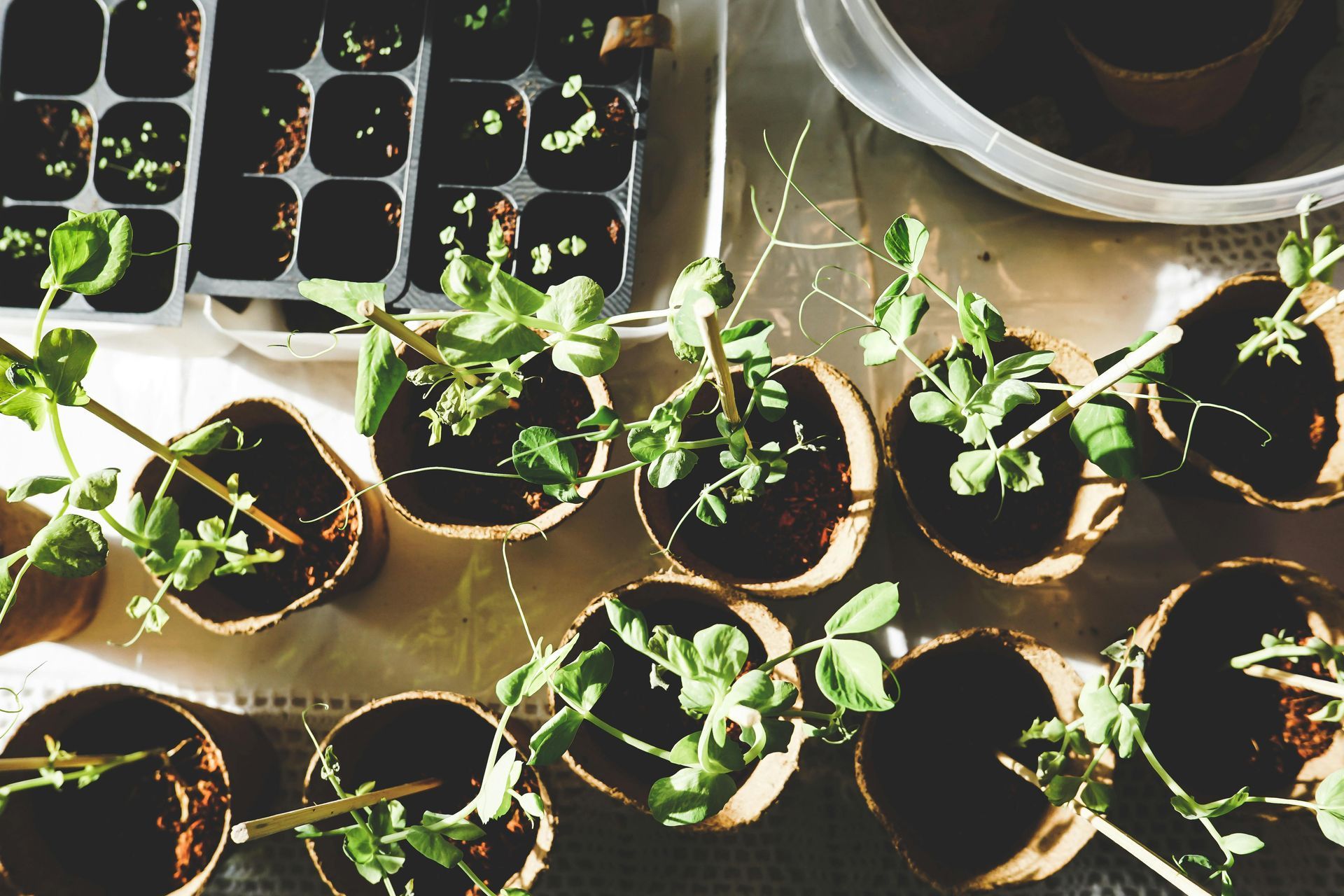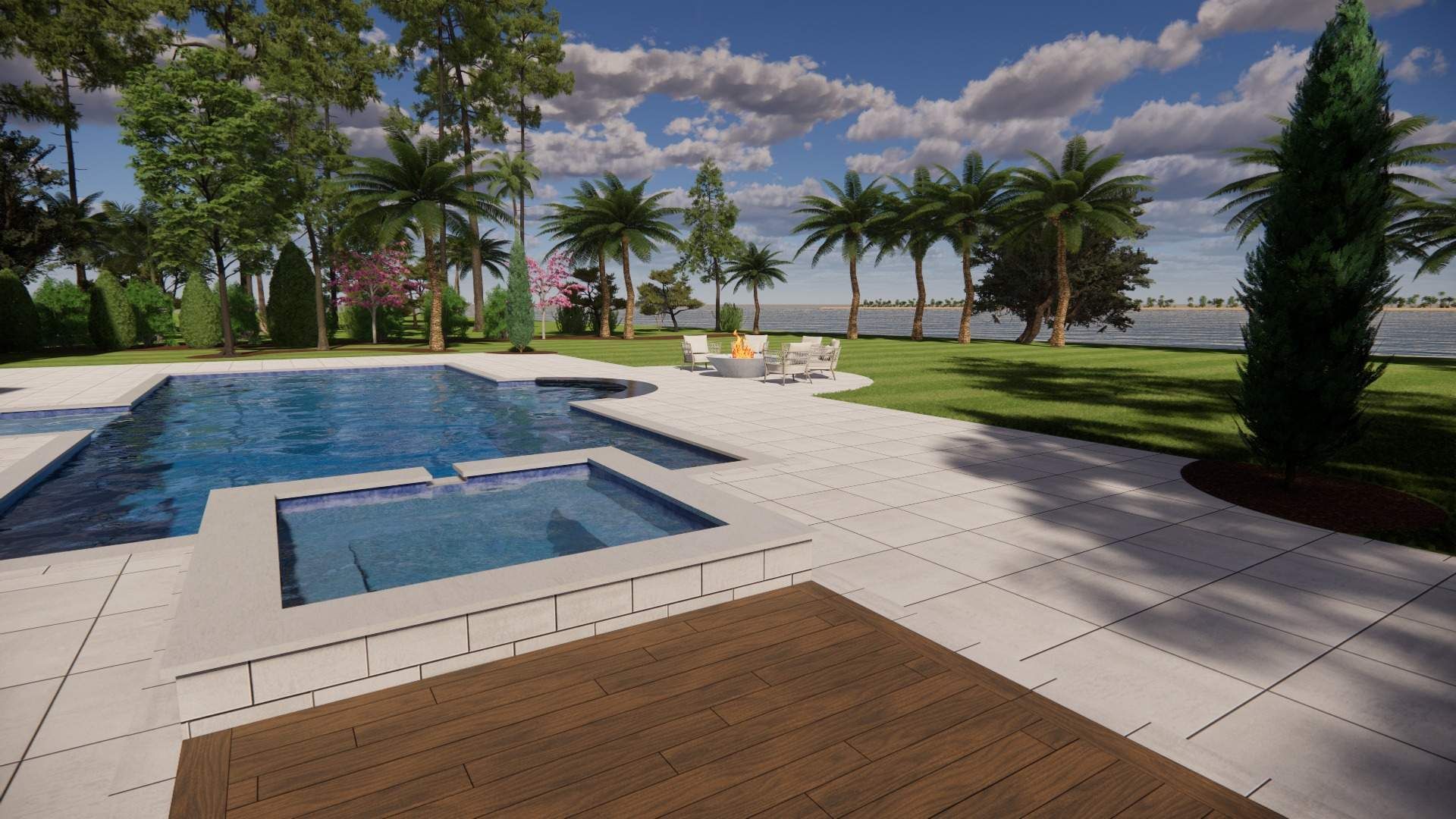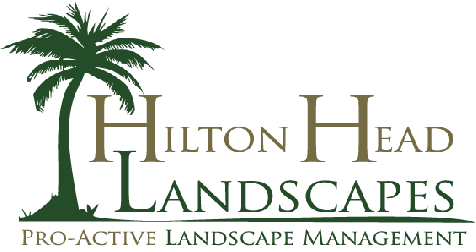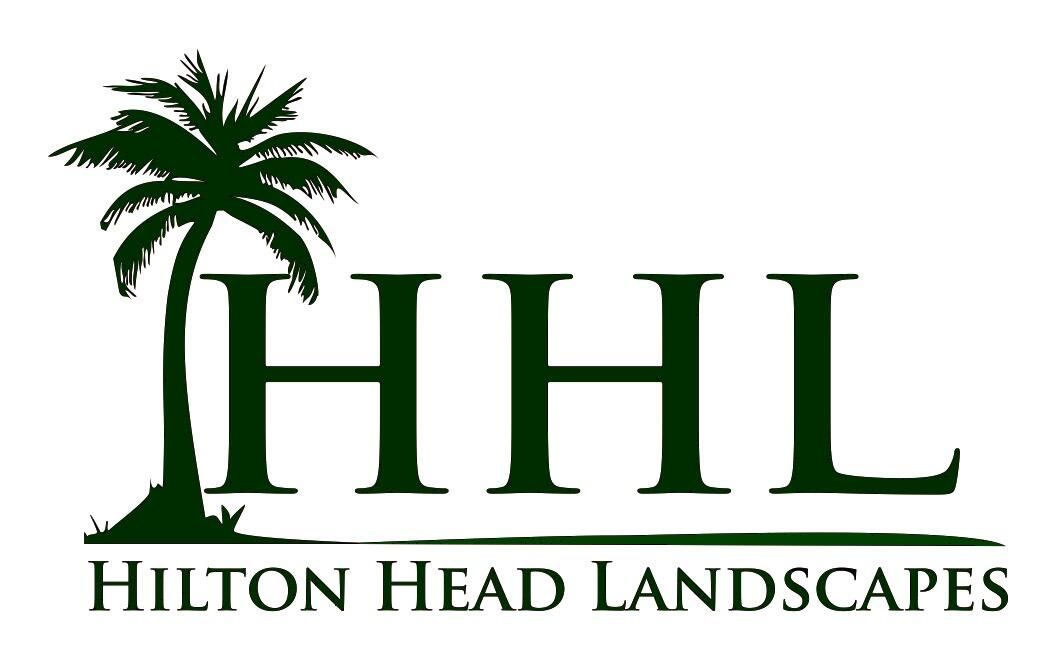Benefits of Organic Gardening in Coastal Areas

Unlocking the Amazing Benefits of Organic Gardening in Coastal Areas
Organic gardening in coastal areas offers many advantages. Coastal regions like Hilton Head Island have unique conditions that can help your garden thrive. Here, you will learn about the benefits of organic gardening and how it can change your outdoor space.
Key Takeaways
- Healthy soil: Organic gardening improves soil quality.
- Better taste: Organic fruits and vegetables taste better.
- Safe for families: There are no harmful chemicals in organic gardening.
- Supports local wildlife: Organic gardening helps birds, bees, and other creatures.
- Sustainable practices: Organic gardening practices are good for the Earth.
For those interested in ensuring their gardening practices are sustainable and effective, exploring local resources on eco-friendly gardening methods can be extremely beneficial.
What is Organic Gardening?
Organic gardening means growing plants without synthetic chemicals. Instead, you use natural methods to feed your plants. This can include compost, organic fertilizers, and natural pest control. The goal is to create a healthy garden that can grow well in your local environment.
Why Choose Organic Gardening?
There are many reasons to choose organic gardening, especially in coastal areas like Hilton Head. Here are some major benefits that can help you see why this method is so great.
Improved Soil Quality
One of the key benefits of organic gardening is better soil. In coastal areas, soil can be sandy and lacking in nutrients. Organic methods add compost and organic matter to the soil, making it richer. Healthy soil helps plants grow strong and healthy. When you use natural methods, you also keep the soil structure intact. This is important in sandy areas, where soil can easily wash away.
Better Taste and Nutrition
Have you ever tasted a homegrown tomato? They often taste better than store-bought ones. Organic fruits and vegetables tend to have more flavor. This is because they grow in healthy soil without harmful chemicals. Plus, they are usually fresher, which adds to their taste. Many people also believe that organic food has more nutrients. Eating organic can be better for your health and make meals tastier.
Safety for Families and Pets
In organic gardening, you do not use harmful chemicals. This makes it safer for your family and pets. You can feel good letting your kids play in the garden. They can even help plant and care for the vegetables. This hands-on experience teaches them about nature and healthy eating. Without pesticides and chemicals, you can relax knowing your garden is safe.
Supporting Local Wildlife
Coastal areas are home to many birds, insects, and other animals. Organic gardening helps support these creatures. By planting native plants and avoiding chemicals, you create a friendly environment for wildlife. Bees, butterflies, and birds are drawn to organic gardens. They help with pollination, which is vital for growing fruits and vegetables. Also, a lively garden adds beauty and life to your outdoor space.
Sustainable and Eco-Friendly Practices
Sustainability is about taking care of the Earth for future generations. Organic gardening uses natural resources wisely. For example, you can collect rainwater for your plants. You can also recycle kitchen scraps into compost. These practices not only save you money but also help the environment. In coastal areas, preserving nature is especially important. You want to protect your home from erosion and pollution.
Preparing Your Coastal Garden
Starting an organic garden in a coastal area requires some planning. Here are steps to help you prepare.
Assess Your Soil
First, take a look at your soil. Coastal soil can be sandy and may not hold water well. You might need to add organic matter, like compost, to improve it. Testing your soil can also help you know what nutrients it needs.
Choose the Right Plants
Next, select plants that grow well in your area. Native plants are often the best choice. They have adapted to the local climate and soil conditions. Some good options for Hilton Head include:
- Herbs: Basil, rosemary, and thyme thrive in coastal areas.
- Vegetables: Tomatoes, peppers, and cucumbers work well.
- Flowers: Marigolds and sunflowers add color and attract pollinators.
Create a Garden Plan
With your plants chosen, it’s time to plan the layout of your garden. You can keep taller plants on the back and shorter ones in front. This allows sunlight to reach all the plants. Make sure to leave space for walking paths and easy access to each plant.
Use Natural Pest Control
Pests can be a challenge, but there are many organic methods to keep them away. Some options include:
- Companion planting: Some plants repel pests naturally.
- Essential oils: Certain oils can deter insects.
- Handpicking: If you see pests, you can remove them by hand.
Common Coastal Gardening Challenges
Challenge Description Solutions
- High Salinity Levels Coastal areas often have high salt levels in the soil Choose salt-tolerant plants
- Wind Exposure Strong coastal winds can damage delicate plants Use windbreaks
- Pest Management Pests can still be an issue even in organic gardens Monitor and use organic methods
Seasonal Care for Your Organic Garden
Taking care of your garden is crucial for its success. Each season brings different tasks. Here’s what to expect.
Spring
In spring, it’s time to plant. After the last frost, you can start sowing seeds. Make sure to water your plants regularly as they grow. Adding a layer of mulch can help retain moisture in sandy soil.
Summer
Summer can be hot in coastal areas. Keep an eye on your plants. Water them deeply during dry spells. Harvest your vegetables as they ripen. This encourages more growth.
Fall
As summer ends, it’s time to prepare for cooler weather. You can plant cover crops that add nutrients to the soil. Collect fallen leaves and add them to your compost pile.
Winter
Winter is a quieter time for your garden. Many plants go dormant. You can use this time to plan for next year. Start thinking about what worked and what didn’t. Consider adding new plants or changing your layout.
Challenges of Organic Gardening in Coastal Areas
While organic gardening has many benefits, it also presents challenges. Here are some common issues you may face.
High Salinity Levels
Coastal areas often have high salt levels in the soil and water. This can affect plant growth. To help combat this, choose salt-tolerant plants. You can also build raised beds to improve drainage and protect your plants.
Wind Exposure
Coastal winds can be strong at times. These winds can damage delicate plants. You can create windbreaks using taller plants or fences. This helps protect your garden while adding an appealing design element.
Pest Management
Even without chemicals, pests can still be a problem. Organic gardening requires monitoring and quick action. You may need to try several methods to find what works best.
Community Benefits of Organic Gardening
Organic gardening goes beyond just your garden. It can help your whole community.
Building Connections
Gardening can help you meet neighbors. Sharing plants, seeds, and advice builds a sense of community. You can even create a community garden where everyone shares the work and rewards.
Supporting Local Economy
When you grow your own food, you spend less on groceries. This can help your budget. Plus, buying seeds and plants from local shops supports small businesses. Your actions help keep the local economy strong.
Educating Others
As you learn about organic gardening, you can share your knowledge. Teach friends and family about the benefits of organic methods. You might inspire them to start their own gardens.
Getting Started with Organic Gardening
If you’re ready to dive into organic gardening, here are some steps to help you start.
- Research: Learn about what grows best in your area. There are plenty of resources online and in local libraries.
- Plan: Create a design for your garden. Decide where to plant different types of plants.
- Gather Supplies: Purchase seeds, soil, compost, and tools from local stores.
- Start Small: If you are new to gardening, start with a small plot. As you gain experience, you can expand your garden.
- Stay Committed: Gardening takes time and patience. Regular care is key to a successful garden.
Additional Resources for Organic Gardening
Resource Type Description Examples
- Local Gardening Groups Connect with others interested in organic gardening Community workshops, online forums
- Educational Workshops Learn about organic methods and techniques Classes on composting, pest management
- Gardening Books Gain in-depth knowledge on organic methods "The Organic Gardener's Handbook"
Conclusion
Organic gardening in coastal areas like Hilton Head Island has many benefits. From improving soil quality to supporting local wildlife, the advantages are clear. You create a safe and healthy space for your family and the environment. By choosing organic methods, you contribute to a sustainable future. Embrace gardening and watch your outdoor space flourish.
With the right knowledge and care, your organic garden can thrive. Get started today, and enjoy the many rewards of organic gardening. It’s good for you, your family, and the planet.
This article supports your journey into organic gardening. If you’re eager to learn more about sustainable gardening practices, reach out to local gardening groups or visit your local garden center. They can offer more tips and resources tailored to Hilton Head Island. Happy gardening!



